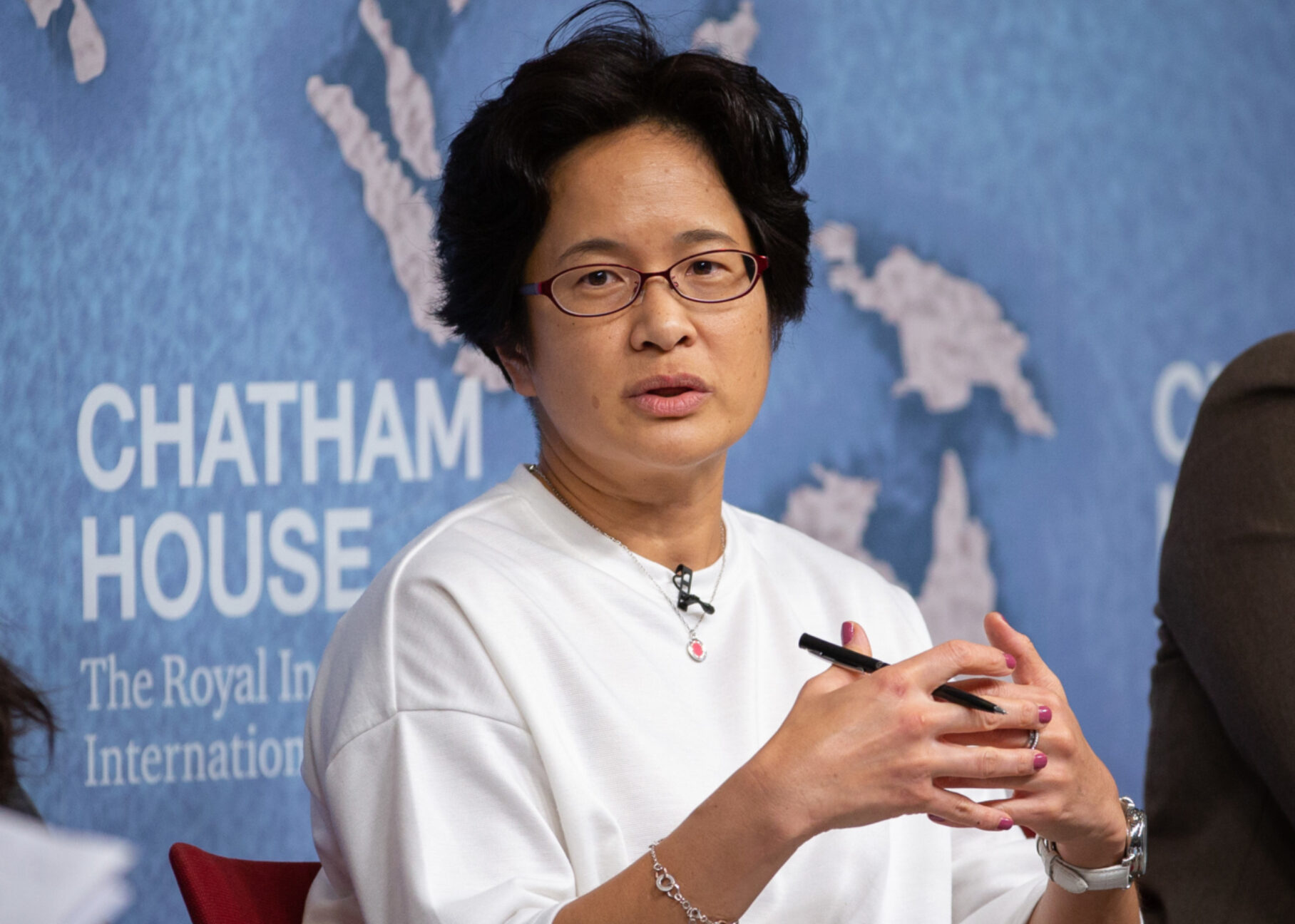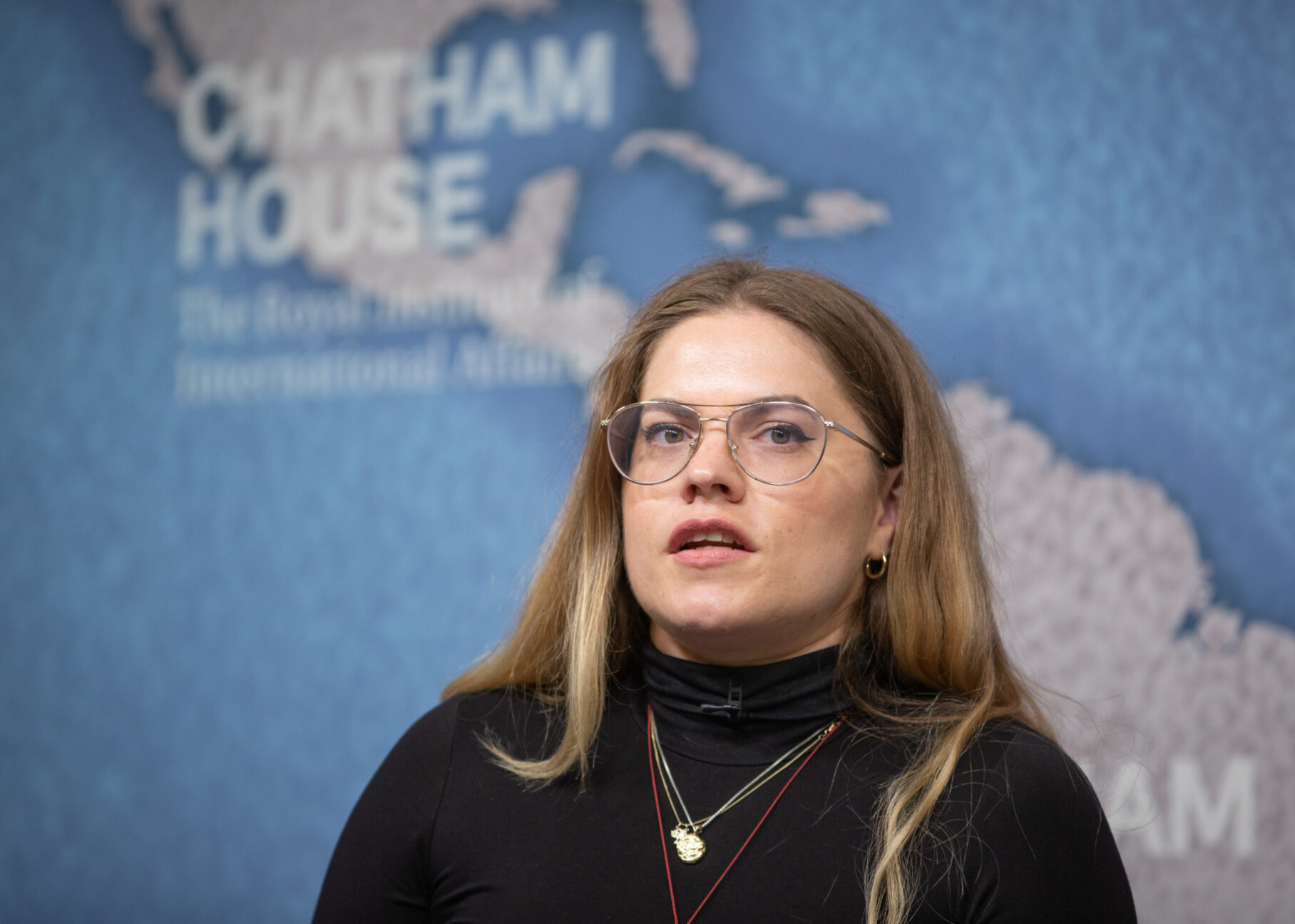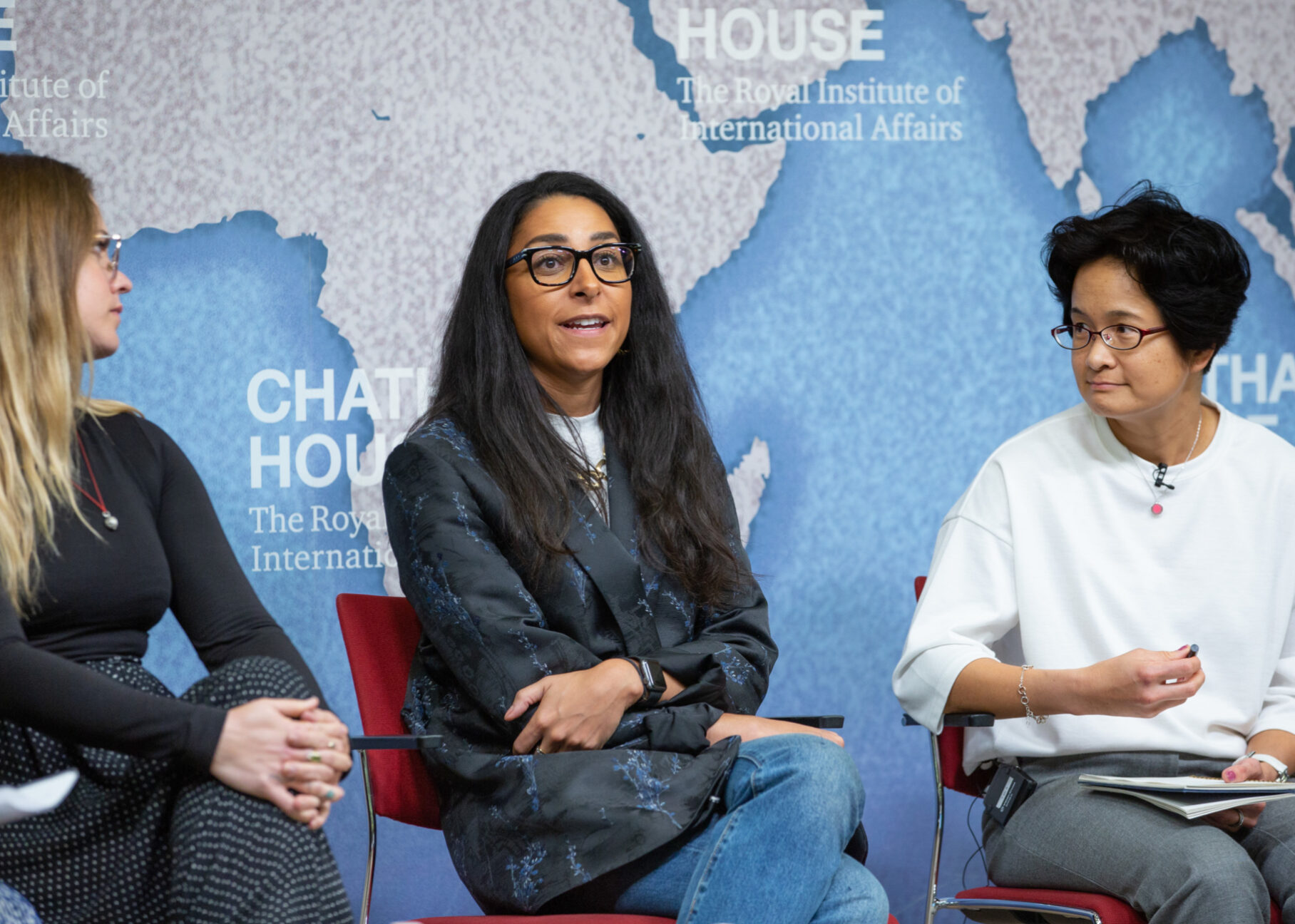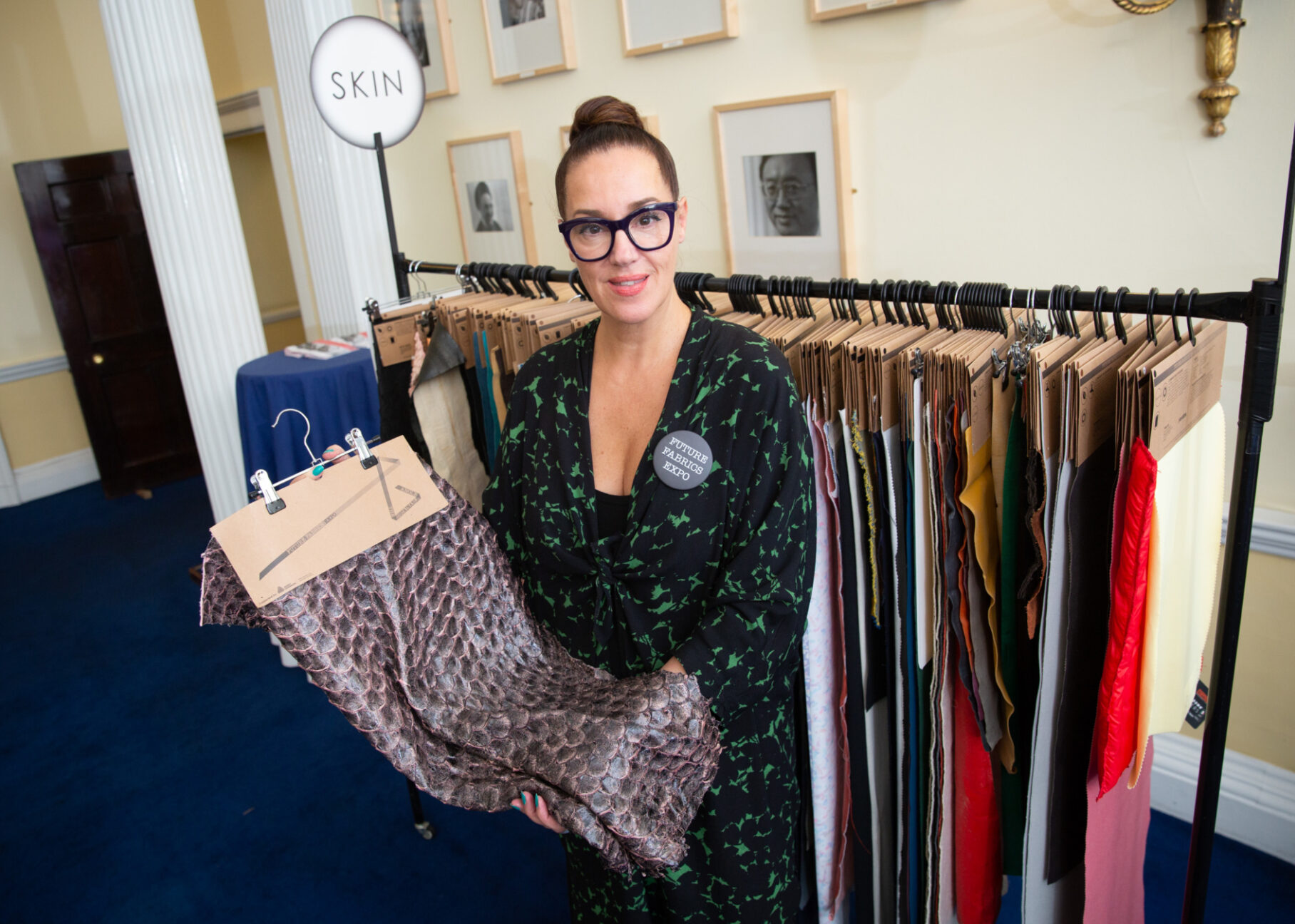Reinventing Fashion

Models walk the runway at the Richard Quinn show during London Fashion Week February 2018. Image: Rebecca Lewis/BFC via Getty Images.
Speakers
Chair
Kate Hampton, Chief Executive Officer, Children's Investment Fund Foundation
Panellists
Sarah Ditty, Head of Policy, Fashion Revolution
Giorgina Waltier, Sustainability Manager, H&M UK & IE
Pamela Mar, Executive Vice President, Supply Chain Futures, and Director, Sustainability, Fung Group
Orr Yarkoni, CEO and Co-Founder, Colorifix
Fee Gilfeather, Head of Retail Brand and Customer Experience, Oxfam
Fashion is one of the world’s largest consumer industries. In 2016, apparel and footwear generated $1.5 trillion in annual revenues and employed around 60 million people along its value chain. Meanwhile, much of the sector is notoriously unsustainable, consuming 98 million tonnes of non-renewable resources such as oil, fertilisers and chemicals per year for production purposes. The environmental impact of fast fashion in particular is increasingly well documented with three out of five items of clothing ending up in landfills or incinerators within one year of being made, and half a million tonnes of plastic microfibers shed during washing ending up in our oceans and food chain. Yet incumbents and start-ups alike are trialling a range of disruptive shifts from new materials and production methods to innovative business models and designs to tackle the unsustainability of this ever-growing industry.
Can these innovative ideas, designs, business models and materials help reinvent the future of fashion?
This event, organised by the Hoffmann Centre for Sustainable Resource Economy at Chatham House in collaboration with the Circular Economy Club, will bring together consumers, designers, retailers, innovators, material scientists, business and media leaders, policy makers and campaigners to discuss the range of cutting edge technologies that could shape the future of fashion.
The Future Fabrics Expo
The Sustainable Angle, a not for profit organisation that initiates and supports projects which contribute to minimising the environmental impact of industry hosted an exhibition at Chatham House after the panel. Their largest project, the Future Fabrics Expo, is a platform to discover more sustainable textiles and innovations for the future of fashion.










